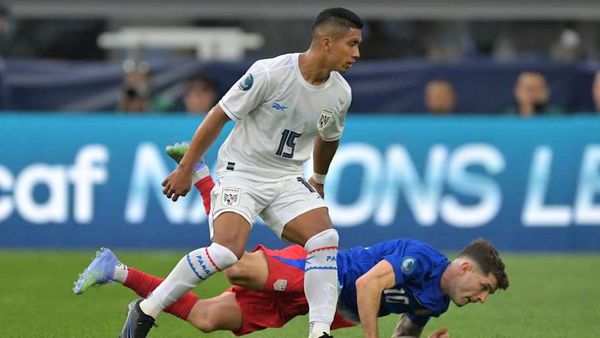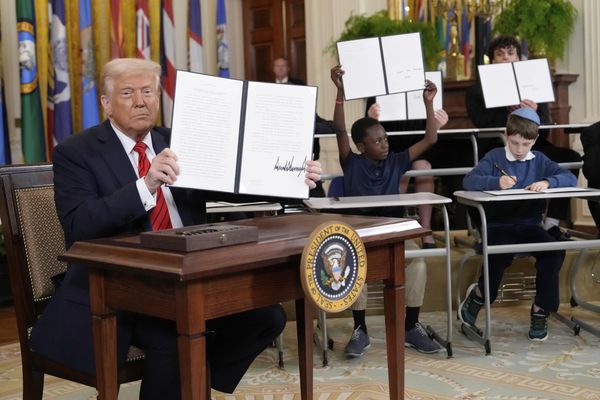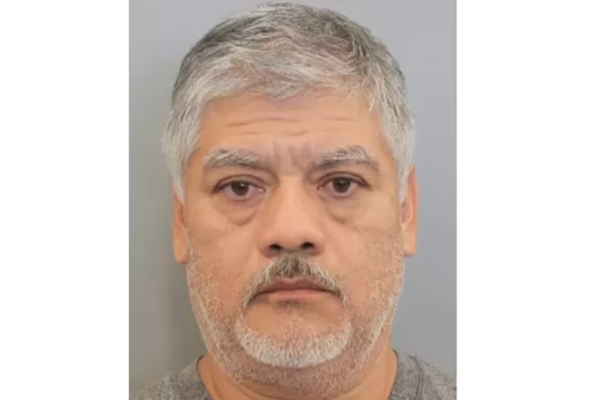South Australians will be spared from wearing masks in most public indoor spaces from Good Friday, while the state's QR code check-in regime will be "mothballed".
Masks will still be required in high-risk settings like hospitals, aged care or residential disability facilities, on public transport and in ride-sharing vehicles.
A decision on whether they will be retained in schools will be made within weeks, before the upcoming school holidays reach their end.
SA's prolonged mask regime has been among the strictest in the country, and has been in place since mid-2021, around the time of the July lockdown.
The state today recorded another six deaths of people with COVID-19 and 4,401 new cases. Those who died were three men and three women aged from their 50s to their 90s.
"Although we still see a large number of cases, they are largely in line or well under what was originally anticipated only three weeks ago, which does present some good news," Premier Peter Malinauskas said.
He said the changes to mask and QR code rules would — which represent another significant step towards a return to pre-COVID normality — bring South Australia into line with most other states.
"Come Good Friday, we will see a substantial relaxation in the requirement to wear masks in South Australia," Mr Malinauskas said.
QR code check-ins had already been abandoned in some areas including shops, taxis, rideshare and home inspections.
Mr Malinauskas said they would be "mothballed" but left open the possibility of a future reversal of that decision.
"I choose the word 'mothballing' as distinct from 'abolition' of the QR code regime because it may well be the case at some point in the future this may need to be stood up again," he said.
QR codes — like masks — will now only be required in a few high-risk facilities.
For masks, those facilities include public and private hospitals, aged care, residential disability and correctional services sites, and public transport.
"We think it's very important that we continue a mandated mask requirement on public transport, taxis and other rideshares. It will also continue in airports and on flights," Chief Public Health Officer Nicola Spurrier said.
The Premier said mask-wearing remained a choice, and that people who opt to continue wearing masks should feel comfortable in their choice to do so.
"There is nothing wrong with choosing to wear a mask if you feel as though that provides you or your family or a loved one with more protection," he said.
Businesses will still be at liberty to impose mask-wearing requirements if they desire, while schools could retain their current mask requirements if such a step was deemed "imperative".
"We will assess the requirement to wear masks in schools as we get closer to the resumption of school, which is still three weeks away," Mr Malinauskas said.
Unclear if SA at COVID peak
There are currently 232 people with the virus in hospital and 36,521 active cases in SA — a slightly lower number than in recent days.
"We've got 12 people in ICU with two people ventilated," Professor Spurrier said.
She said it was unclear whether SA is now at the peak of the current COVID wave.
"It is difficult to say whether we are plateauing or whether we have got to the peak," she said.
But she said the latest COVID modelling reflected the changes to mask-wearing and QR codes, and demonstrated it was safe to proceed with the changes.
"It doesn't make substantive difference at all in the case numbers or indeed the hospital numbers at this point in time," she said.
"I'm very comfortable with the fact that the mask mandate has been changed."
Airline close contacts to be revised
The Premier today also flagged relaxing close contact rules for the airline industry, to ensure ease of travel.
"There is an issue that our airlines are facing when it comes to the capacity to put staff on to meet the growing demand that is coming down the line," he said.
"There is a change to the arrangement around close contact requirements for the airline industry that allows that to occur.
SA Police Deputy Commissioner Linda Williams said police would continue to monitor mask-wearing compliance on public transport.
She said there had been a significant decline in QR code check-ins in recent weeks, after daily totals in the millions.
"It's a very small number, I think it was about 102,000 the other day – it's actually quite low, so obviously having a focused approach now is more appropriate."
It was revealed last year that SA Health had been holding onto QR code data despite commitments to delete it, but Professor Spurrier today said all of the data would be wiped.
"There's obviously no need to be continuing to keep any of that data from people that have swiped in the past," she said.







